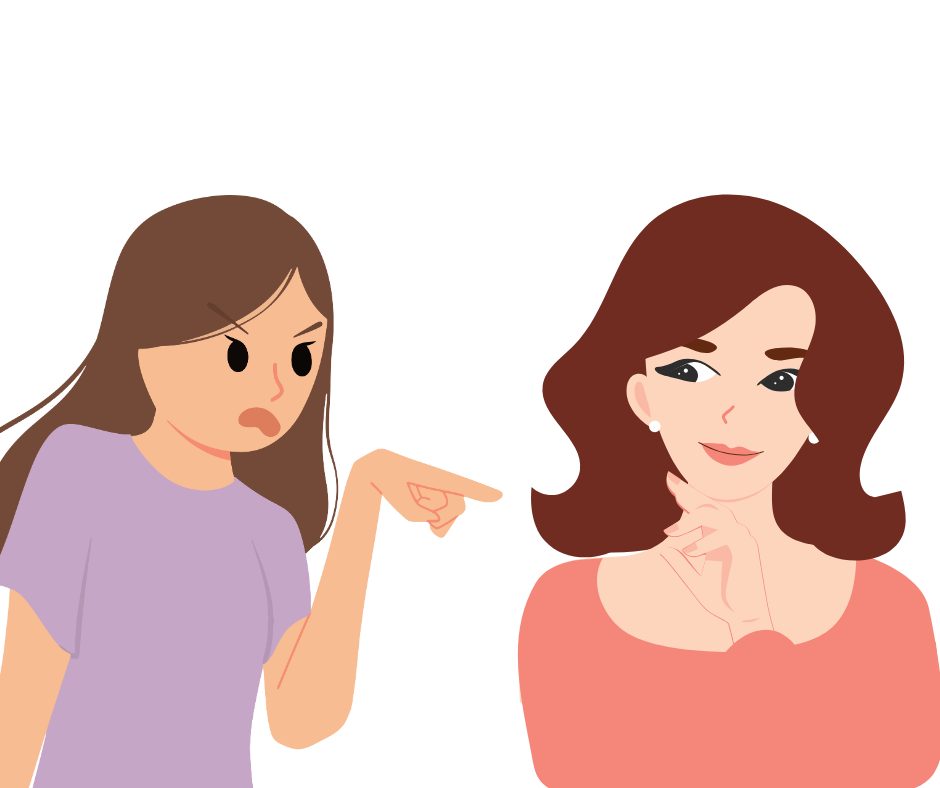"The List", Explained
- Stephanie Tobola
- Mar 11, 2025
- 3 min read

"The thought swirls around and around, rekindling the frustration of a little girl who prayed and wished someone would just step in. The list of people who should have done more had grown quite a bit by the time I hear Maxine call my name."
On the phone with a friend, which is how many of my ideas are sparked, we were having a conversation about the chapter in my book 'Dynamic Duo'. In that chapter I talk about my frustration with people who saw and did nothing to help. If you have a copy of my book this chapter begins on page 108.
As we unpack some of this chapter to create content, we started talking about different people who had access and saw things that were going on but remained silent. Or at least they appeared to remain silent from the view of my little self.
As the conversation unfurled and really began to flow words began to come together in my head and my heart. I thought about the teachers who saw the bruises, dirty clothes, unwashed hair, and constant hunger. More often than not I was met with harsh words and disappointment at my lack of attention or supplies.
I have shared my story about my sixth-grade science teacher who lit a candle to place next to me when I had an ear infection so bad it drained putrid smelling gunk. When the smell from ear infection became more disruptive to class, I was sent to the school nurse and given a hygiene bag. After the nurse talked to me about the importance of daily showering I was sent back to class.
Then there were the neighbors and family friends who, very often, had an up-close view to the neglect and abuse occurring within our home. When my mom was deep in throws of her addiction, she and her boyfriend would cook their own meth to use and distribute. During that process my sister's and I were sent outside to play for the day. Fending for ourselves filthy, hungry, and feral. In a trailer park there really is no privacy. I knew our neighbors could hear when my mom would scream at and hit me because I could hear when our neighbors would argue.
Then there were my family members that I would see on Sundays and during the holidays. The ones who loved me and tried to spend time with me, but didn't really fight for me. Overhearing mildly whispered conversations about my mom which showed they were aware that things were bad. More than once I was pulled into the middle of adult conversations to help them prove a point.
Looking back at all of this now I really think that it was uncertainty that held people back. They were constantly asking themselves if it was as bad as what they were seeing. Was it constant or just a moment? Stephanie would speak up if it was really bad, right? What if I report it and the kids are placed in a worse situation? What if I report things and the rest of the family gets angry, or I have to testify?
All of these questions and fears are valid. Sometimes there are times where a bad moment is mistaken for a pattern. The risk of not reporting is so much higher than people realize. Not reporting abuse and neglect further perpetuates generational trauma. I understand the fear and worry. I encourage you to ask yourself, is my momentary discomfort of reporting my suspicions worth potentially saving a life?



Comments